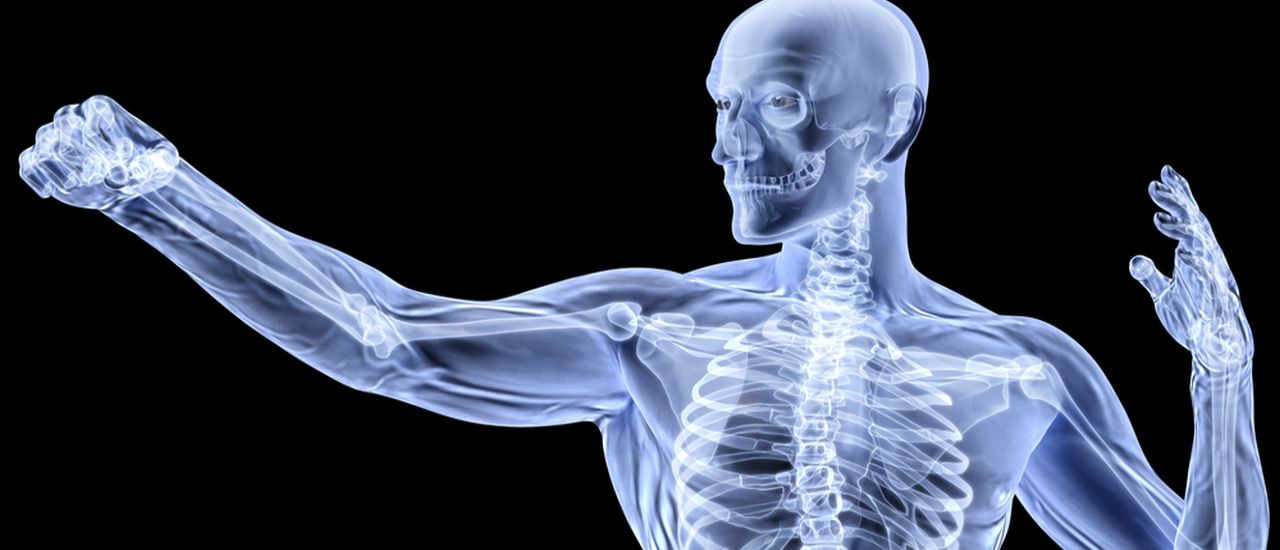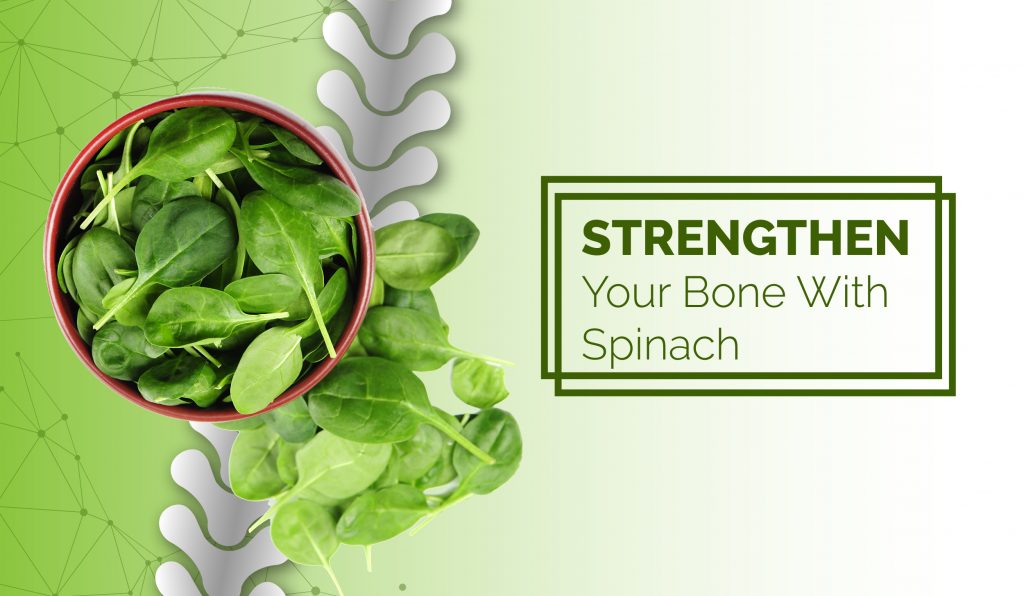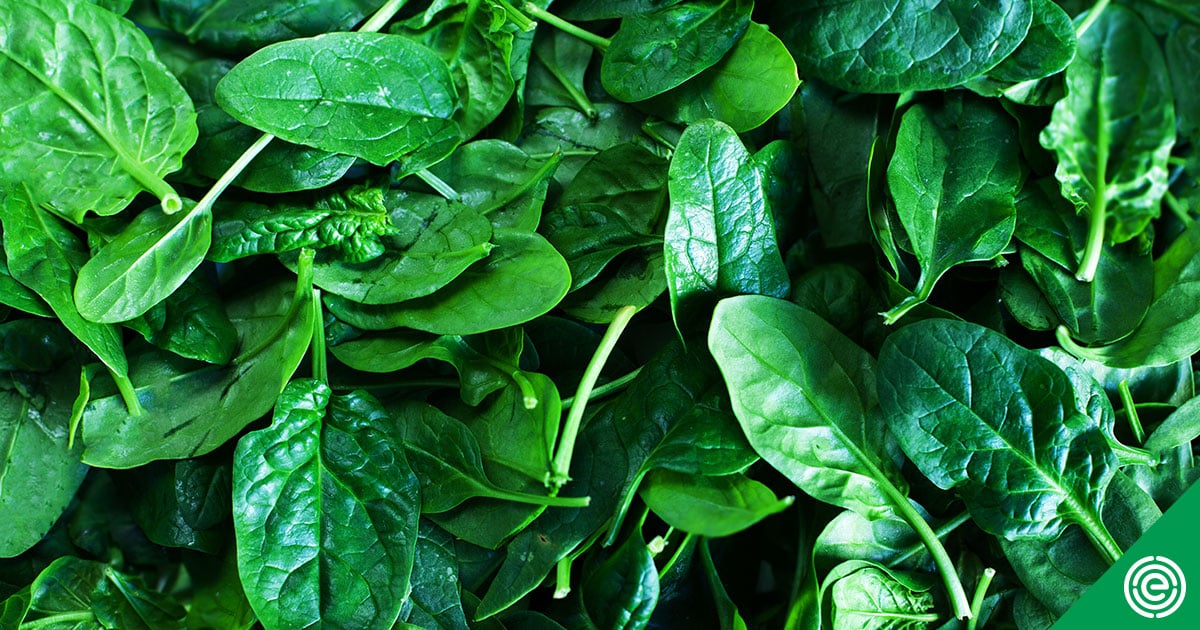Spinach and Strong Bones: Unveiling the Nutritional Connection
When it comes to building and maintaining strong bones, calcium is often the primary nutrient that comes to mind. While dairy products are widely celebrated for their calcium content, there's a green powerhouse that deserves a share of the spotlight: spinach. Rich in a wide array of vitamins and minerals, spinach has earned its place as a superfood. But how exactly does spinach contribute to bone health? Let’s dive into the science and uncover how this leafy green can strengthen your skeletal system.
The Significance of Bone Health
Bones are the structural framework of the human body, offering support, protection for vital organs, and a reservoir for minerals like calcium and phosphorus. Bone health is a dynamic process involving the constant remodeling of bone tissue—a balance between bone formation and bone resorption. This balance is heavily influenced by diet, exercise, and hormonal changes. Poor bone health can lead to conditions like osteoporosis, which increases the risk of fractures and can significantly impact quality of life.
Spinach: A Nutritional Powerhouse
Spinach is loaded with essential nutrients that directly or indirectly support bone health. Let’s break down the key components:
1. Calcium
Calcium is the cornerstone of bone health, and spinach contains a decent amount of this vital mineral. A single cup of cooked spinach provides about 25% of the recommended daily intake of calcium for adults. Calcium is a primary building block of bones and teeth, making it crucial for maintaining bone density and strength.
2. Vitamin K
One of spinach's standout nutrients is vitamin K, which plays a pivotal role in bone metabolism. Vitamin K activates osteocalcin, a protein that binds calcium to the bone matrix, thereby improving bone mineralization. Just one cup of cooked spinach delivers over 500% of the daily recommended intake of vitamin K, making it an exceptional source of this nutrient.
3. Magnesium
Magnesium is another mineral found in abundance in spinach. It’s essential for converting vitamin D into its active form, which aids calcium absorption. Magnesium also regulates parathyroid hormone (PTH), a key player in calcium homeostasis. A deficiency in magnesium can lead to weakened bones over time.
4. Vitamin C
Spinach provides a healthy dose of vitamin C, a powerful antioxidant that supports collagen synthesis. Collagen forms the structural framework of bones, and adequate vitamin C intake can enhance bone strength and resilience.
5. Iron
Although not directly linked to bone density, iron is essential for overall health and energy levels. Spinach is a good source of plant-based (non-heme) iron, which supports oxygen transport in the body and ensures optimal functioning of bone-forming cells.
6. Potassium
Potassium in spinach helps neutralize acid load in the body. High acid levels can lead to calcium leaching from bones, weakening them over time. Including potassium-rich foods like spinach can help maintain a healthy acid-base balance.
How Spinach Supports Bone Health
1. Enhances Bone Density
The combination of calcium, magnesium, and vitamin K in spinach makes it an excellent food for enhancing bone density. Regular consumption of spinach can supply your body with the nutrients needed to maintain and improve bone mineralization.
2. Prevents Bone Loss
Vitamin K in spinach not only promotes bone formation but also helps prevent bone resorption. This is particularly important for older adults, as bone resorption tends to outpace bone formation with age, leading to a decline in bone mass.
3. Boosts Collagen Production
The vitamin C content in spinach aids in the production of collagen, which is a critical component of bone structure. Strong collagen networks within bones contribute to their flexibility and ability to withstand stress.
4. Supports Hormonal Balance
Magnesium in spinach plays a role in maintaining hormonal balance, particularly in regulating parathyroid hormone, which influences bone remodeling. Stable hormone levels are crucial for preserving bone health.
Tips for Maximizing Spinach's Bone-Strengthening Benefits
To get the most out of spinach for your bones, consider these tips:
Pair with Vitamin D: For optimal calcium absorption, pair spinach with vitamin D-rich foods like eggs, fatty fish, or fortified cereals.
Cook It Right: Cooking spinach reduces its oxalate content, which can interfere with calcium absorption. Sautéed or steamed spinach is a better option for maximizing nutrient bioavailability.
Combine with Healthy Fats: Vitamin K is fat-soluble, so pairing spinach with healthy fats like olive oil or avocado can enhance its absorption.
Diversify Your Diet: While spinach is a fantastic source of bone-supporting nutrients, balance your diet with other calcium-rich foods like broccoli, almonds, and tofu for comprehensive bone health.
Who Benefits Most from Spinach?
While everyone can benefit from including spinach in their diet, certain groups may find it particularly advantageous:
Postmenopausal Women: Due to decreased estrogen levels, postmenopausal women are at higher risk for bone loss. Spinach's vitamin K and calcium content can help mitigate this risk.
Older Adults: Aging naturally leads to a decline in bone density. Spinach provides essential nutrients to slow this process.
Athletes: High-impact activities can put stress on bones. Spinach's nutrient profile supports recovery and strengthens bones to withstand physical demands.
Vegetarians and Vegans: Spinach serves as a valuable plant-based source of calcium and other essential nutrients often obtained from animal products.
Addressing Concerns about Spinach
Oxalates and Calcium Absorption
Spinach contains oxalates, which can bind to calcium and reduce its absorption. While this might seem concerning, it’s important to note that spinach's other nutrients—particularly vitamin K—still make it a net positive for bone health. Consuming a varied diet minimizes any potential downsides of oxalates.
Kidney Stones
People prone to kidney stones caused by calcium oxalate may need to moderate their spinach intake. Cooking spinach and balancing it with other low-oxalate foods can help reduce the risk.
Conclusion
Spinach is much more than a versatile green; it’s a nutritional powerhouse with significant benefits for bone health. Packed with calcium, vitamin K, magnesium, and other vital nutrients, spinach supports bone density, prevents bone loss, and enhances overall skeletal strength. Incorporating spinach into a balanced diet, along with regular physical activity and adequate vitamin D, can go a long way in maintaining strong and healthy bones throughout life. So, whether you’re tossing it into a salad, blending it into a smoothie, or sautéing it as a side dish, let spinach be a staple in your journey toward better bone health.






:max_bytes(150000):strip_icc()/spinach_annotated-c17b7ca2a2d946d3afb324b656d9d744.jpg)























0 comments: